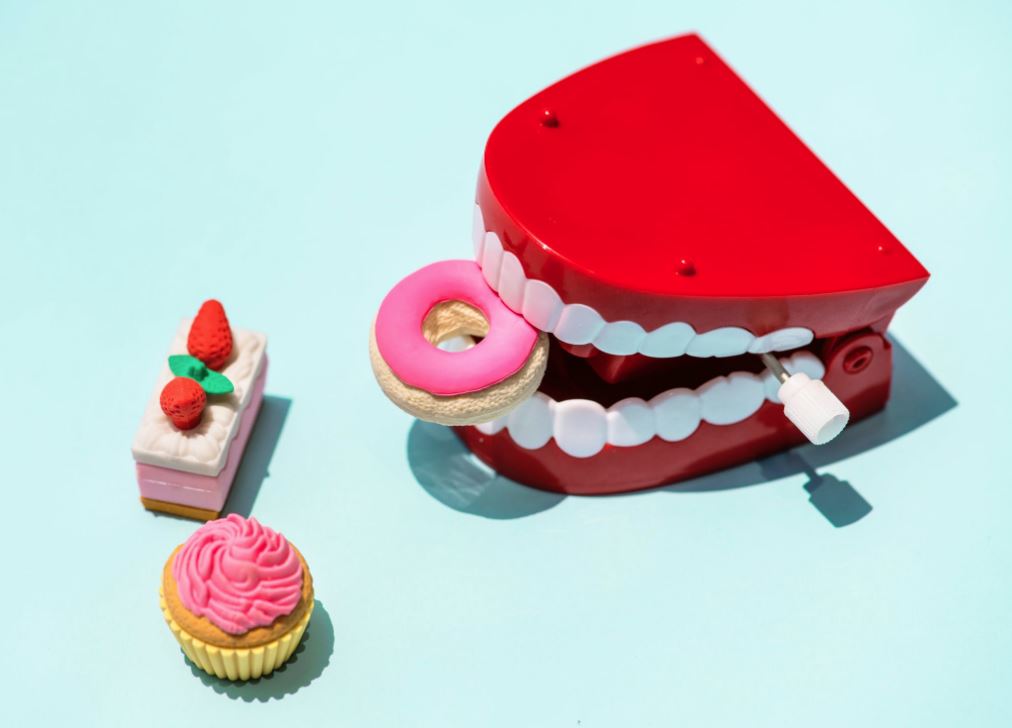It’s easy to take your mouth for granted. That is, at least, until your mouth begins to hurt. When any type of pain, whether throbbing, tingling, or stabbing, begins to come from this area, it’s hard to think about anything else. One of the locations that can produce truly debilitating pain is your jaw. Jaw pain can come from a variety of sources, so when you experience jaw pain, there are many different methods you can use to overcome this pain so you can get back to doing the things you enjoy the most.

Soothe It
If your jaw pain is caused by some type of force that was applied to your jaw, the best remedy for the pain may be to simply soothe it as the injury heals. Over-the-counter medication, such as ibuprofen, can be effective in reducing any swelling and in soothing the pain you feel. Additionally, a warm or cool compress may help to relax the muscles, providing you some relief from your pain. Of course, if the pain persists for more than a few days, it’s important to have your jaw examined by your dentist.
Massage It
As mentioned, jaw pain can have a variety of causes, some of which can have unexpected remedies. In some cases, a localized massage may be just what the doctor ordered. By locating the correct muscles and applying the correct amount of pressure, you can relieve the pain you feel by releasing your body’s natural pain killers. In addition, a massage will work to increase blood flow to these key muscles, which can aid in the healing process.
Fill It
Of course, the cause of your jaw pain may go beyond something that you can treat at home. If your pain is caused by a cavity, it is important to utilize tooth filling services to remove the damaged enamel before the cavity has a chance to grow. While you may experience some short-term pain as a result of the filling, you can be sure that you’re saving yourself plenty of long-term pain by getting your teeth taken care of in a timely manner.
Protect It
In some cases, the pain you experience in your jaw may be caused by teeth grinding, also known as bruxism. This condition most often occurs while you’re sleeping and causes you to actually gnash your teeth together, involuntarily. This constant overexertion of your jaw muscles can lead to pain that you may not be able to explain if you aren’t aware of your teeth grinding. Your dentist can inspect your teeth for evidence of bruxism and will prescribe a mouth guard that is worn over the teeth at night if any such evidence is discovered.
Up-to-Date
The best way to address jaw pain is to have your teeth regularly checked by your dentist. During your regular check-up, your dentist can spot evidence of many different conditions that can cause jaw pain and can help you address them before your condition worsens. By maintaining your teeth in this way, you can set yourself up to have a beautiful, pain-free smile for years to come.
Emma Sturgis
Recent Posts
- Castor Oil For Better Hair Growth: Is It Myth Or Fact?
- Exploring the Differences Between Sermorelin, Ipamorelin, Ibutamoren, GHRP2, and GHRP6: Understanding Their Role in Human Growth Hormone Regulation
- Unraveling the Mystery: Understanding the Causes and Prognosis of Ventricular Tachycardia Without Apparent Heart Disease
- Understanding Grandparents’ Rights in Oklahoma: Navigating Visitation and Legal Protections
- 10 Reasons to Consider Hypnotherapy for Your Health

